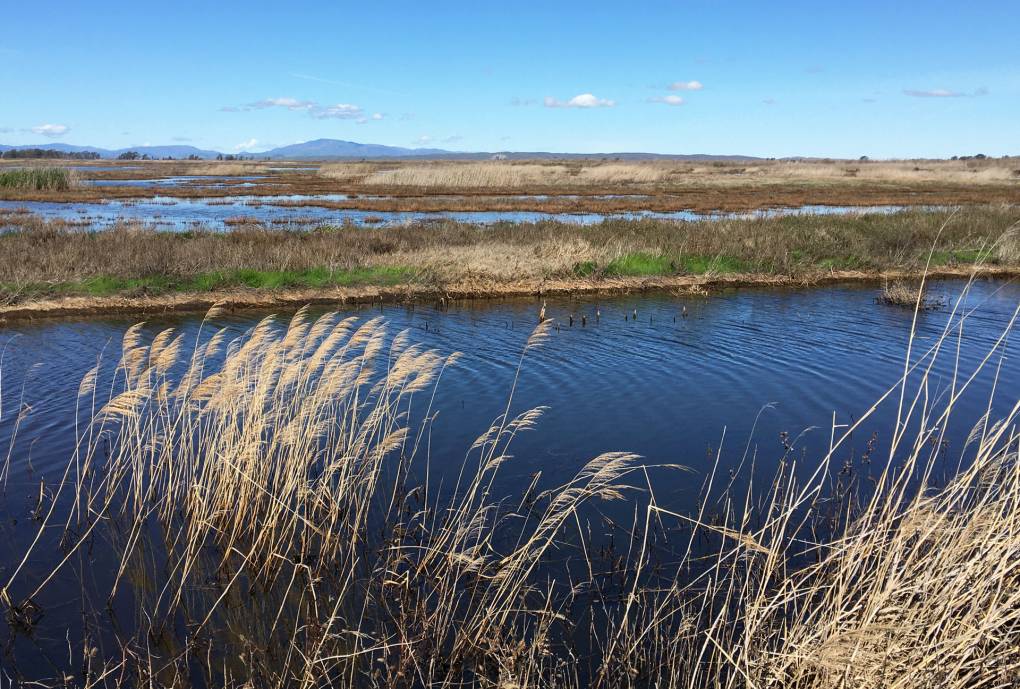Update, 11:30 a.m., April 2:
California's Department of Justice is weighing in on a proposal for an exploratory natural gas drilling project in the North Bay's environmentally sensitive Suisun Marsh.
A letter sent Friday to the Army Corps of Engineers from Acting Attorney General Matthew Rodriquez's office expresses concern that the project could damage critical wildlife habitat and add to air and water pollution impacts already borne by nearby communities.
"Suisun Marsh ... is a unique and irreplaceable natural resource that is important to the State and to the nation as a whole," the letter states. "The project site is also near environmental justice communities that have been overburdened by pollution for decades."
Specifically referencing the nearby cities of Suisun City, Fairfield and Vallejo — all predominantly communities of color already impacted by pollutants from multiple nearby oil and gas facilities — the letter states that "the proposed project would likely exacerbate harm to these environmental justice communities," and notes that the Army Corps' public notice on the project "does not discuss potential impacts to nearby environmental justice communities."
"The Corps should address all potential environmental justice impacts associated with the project before it may issue the requested permit," the letter continues. "We urge the Corps to carefully consider these impacts and the public interest before deciding whether to grant the requested permit."
The Army Corps of Engineers has extended the public comment period for the proposed project until today, and say they will consider the possibility of an environmental impact statement after all comments have been reviewed.
Original Story:
Local political leaders and a dozen Bay Area environmental groups are urging the U.S. Army Corps of Engineers to reject a permit proposal for an exploratory natural gas drilling project in Suisun Marsh.
The 88,000-acre wetland in Solano County — the largest contiguous brackish marsh on the west coast of North America — lies near the North Bay cities of Fairfield and Benicia, at the mouth of the vast Sacramento-San Joaquin River Delta where the salty waters of San Francisco Bay mix with river water to create an estuary ecosystem that is home to hundreds of species of birds, fish, amphibians and mammals, including river otter, tule elk and the endangered salt marsh harvest mouse.
The marsh provides habitat to bird species including the endangered California Ridgway's rail and the threatened California black rail, and is home to rare native plants like the Suisun thistle, which only grows in Suisun Marsh. It’s also an important resting and feeding area for thousands of migrating birds which use the Pacific flyway, making it a popular destination for birdwatching, hunting, hiking and canoeing.

